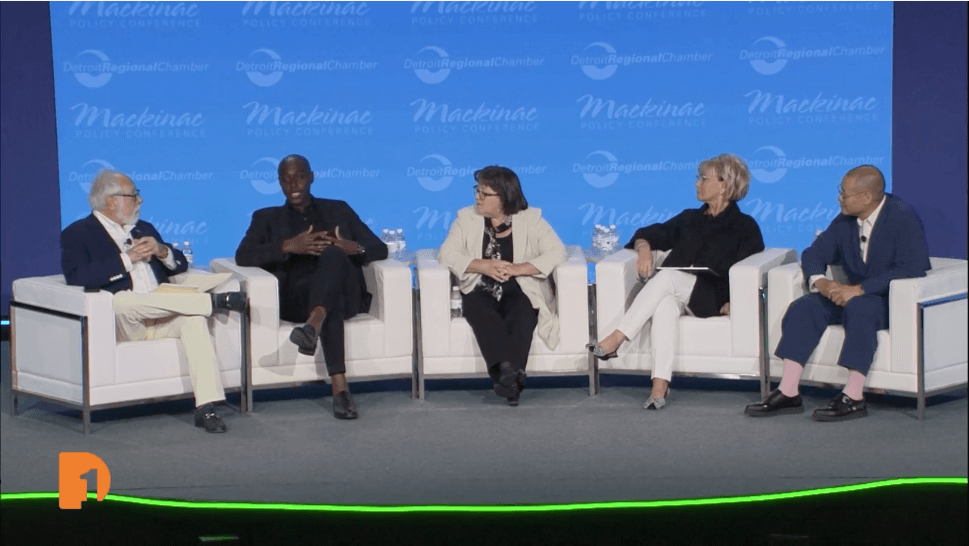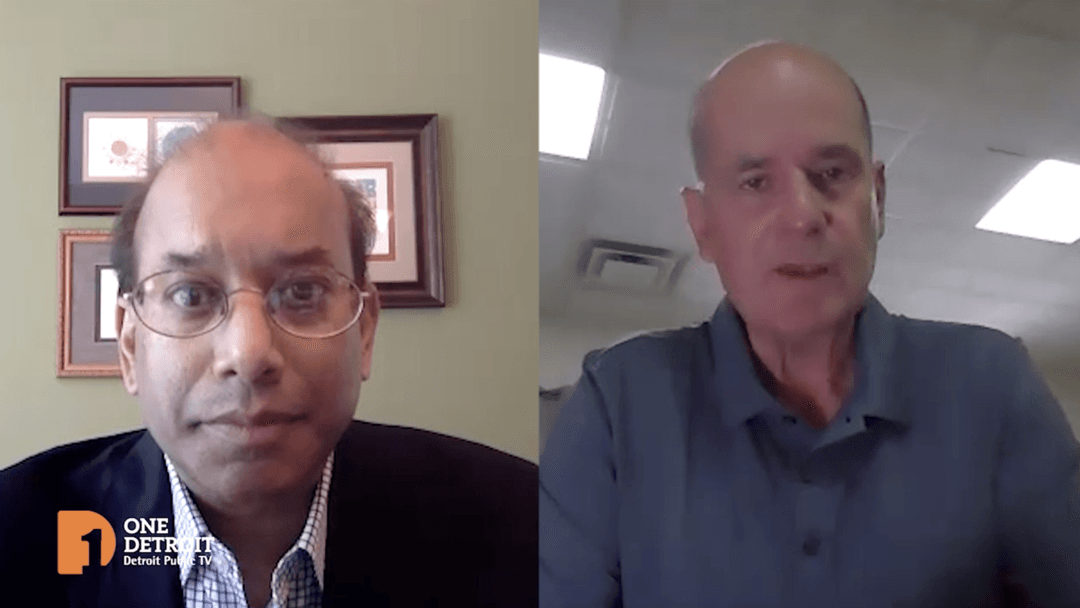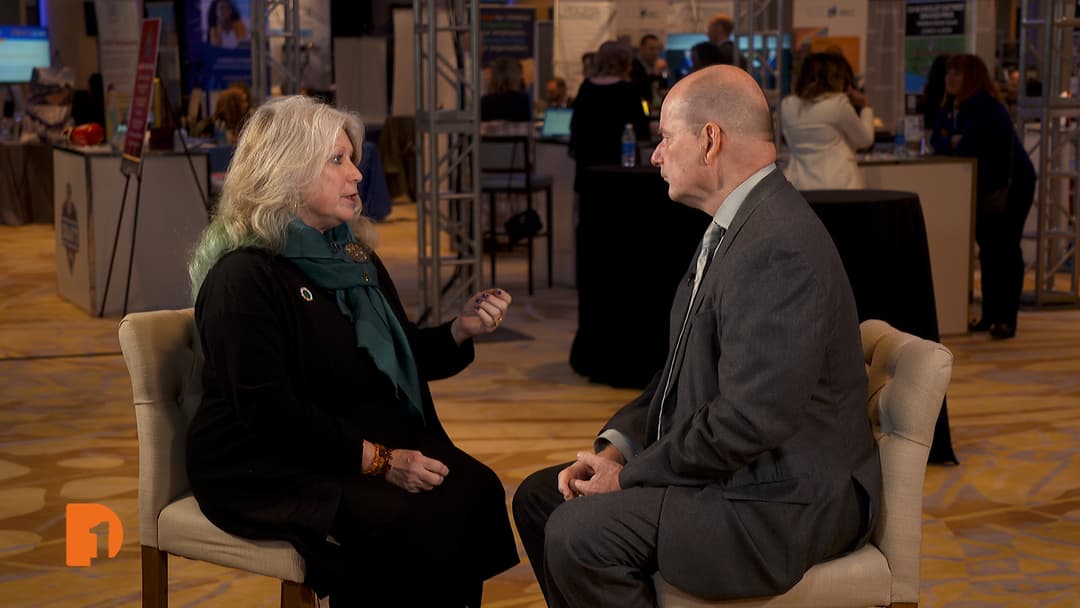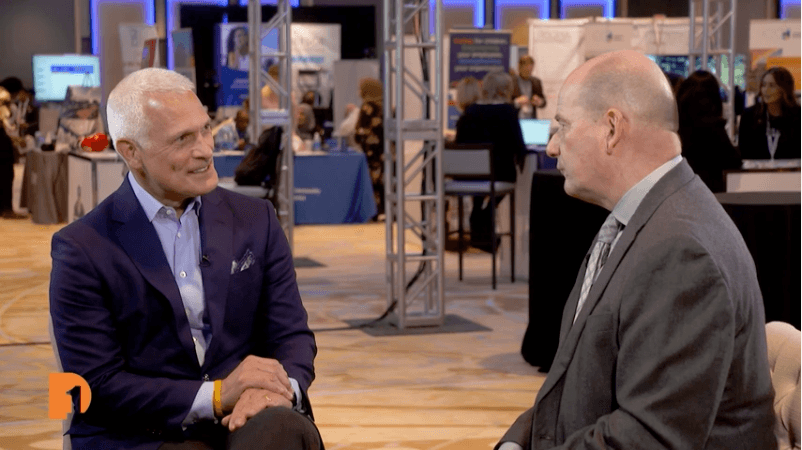Small businesses coping with challenges ahead of new year
Dec 2, 2021
Owning a small business can be tough. Tack on the challenges of navigating COVID-19, inflation, and changes in the workplace – some small businesses are struggling to survive. One Detroit contributor Nolan Finley talks with former Lieutenant Governor and Michigan Small Business Association President Brian Calley to hear how small businesses across the state are coping with these challenges as they prepare for the new year.
Full Transcript:
Nolan Finley, One Detroit Contributor: Brian, what is the state of small business in Michigan today?
Brian Calley, President, Small Business Association of Michigan: Well, it depends on what industry you’re talking about, but overall things generally headed in the in the right direction. We saw a big bounce after the restrictions were lifted, but very quickly, what rose to the top of the list are two main concerns that we’re now hearing across the board, which are costs rising faster than what many businesses have ever seen and then trouble filling open positions. So there’s this desire to grow and intention to grow open positions out there today, rising wages and on bonuses, pulling out all the tricks to try and get more applicants in, but just cannot find the people to fill the demand.
Nolan Finley: How close to a crisis are we with this? And does it have the potential to derail our economic growth?
Brian Calley: When you see these things, these workforce shortages in certain areas, it will spill into other areas. For the the holiday season, which is the majority of so many retailers business they make or break and the their whole year. Based on that holiday season, the logistics problems could really get in the way of that, so you can see how this could cascade. And then on top of that, we already have these shortages. But imagine all the workers and these container ships that have been out on the water for months and then it gets delayed. What I’m worried about is that that the logistics problems will get worse when people finally get off the boat and say, I’m not getting back on right.
Nolan Finley: So, you talked about higher prices for for small businesses. What’s driving that? Is that also the labor shortage?
Brian Calley: Part of it is the labor shortage, and you see costs rising as a result of that. You also see that when when the federal government drops trillions of dollars extra into the into the economy and it’s not tied to productivity increases or anything that’s sustainable, it just you get this short term boost in demand and it’s not like there is tons of extra supply out there. I mean, supply meets what the normal demand is. So when you create a lot of artificial short term demand, you get these shortages. So for example, I was at I was with a restaurant owner the other day and we got to talking about the rising expenses. Forty pounds of chicken wings used to cost 70 80 bucks. Now, two hundred and forty, you know, there’s just so much more in terms of demand and just not the supply and the supply systems to meet it. And if you think about it, why would somebody invest, you know, multi millions into creating new supply when really this increase in demand is artificial, it’s not really sustained.
Nolan Finley: So, you’ve got businesses scrambling to get workers paying higher wages. What other patchwork solutions are they putting in place, Brian?
Brian Calley: Well, you see a lot of prioritization happening. So in terms of what products, what goods, what services, what times to be open, they have to prioritize because there’s only so much work you can put on the current workforce and and therefore they’ll they have to decide, OK, well, we’ve got so many man hours, we’re going to have to focus here and here, and then we’re going to let some other opportunities go. And that’s just leaving growth in economic economic activity on the table. So it’s really it’s tough because you normally see after a recession, you see this bounce back and particularly in small business about 12 months later. We’re in that period now, and so many entrepreneurs are ready to go and there’s demand it isn’t the pieces that are required to deliver are just not available at this time.
Nolan Finley: That’s got to be stuck in their mind as they consider opening a business, whether they’ll be able to hire the staff to keep it running.
Brian Calley: That is something that that I think that we’re already experiencing but is probably going to ramp up is the idea that, hey, look, we’re you know, there’s growth and there’s demand and we’d love to go out and do it. But I can’t even fill the positions that I had open today. So these growth plans for the future are going to have to be put on hold.
Nolan Finley: Brian Calley, as you look ahead, what do you see over the next year for our small business community in Michigan?
Brian Calley: I do know that however this this business, all these challenges settle and whatever that new environment looks like in the future, they’re going to find a way to operate. But what I’m concerned about is that over time there will be attrition, and being small gets harder and harder with these challenges. You know, if you have your own container ship, well, it’s a lot easier to manage your logistics than if you’re relying on somebody else’s. And so the idea of attrition and just more and more over time going toward, you know, private equity firms and bigger companies. Nothing wrong with private equity firms and bigger companies, but we need locally owned businesses. It’s not a luxury. It is a necessity. That’s my biggest long term concern.
Stay Connected
Subscribe to One Detroit’s YouTube Channel and don’t miss One Detroit on Thursdays at 7:30 p.m. and Sundays at 9 a.m. on Detroit PBS, WTVS-Channel 56.
Catch the daily conversations on our website, Facebook, Twitter @OneDetroit_PBS, and Instagram @One.Detroit
Related Posts
Leave a Reply
Your email address will not be published. Required fields are marked*
